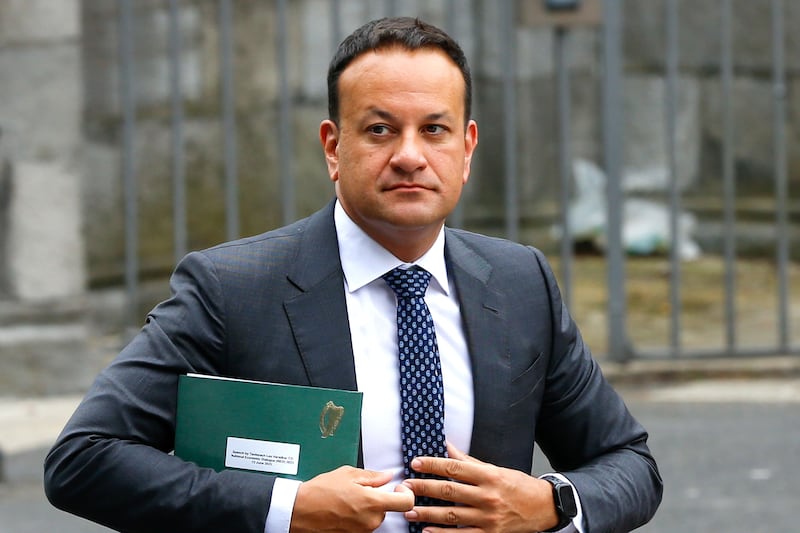MORE than half of people believe Dublin should have a role in governing the north should Stormont be mothballed for the long-term, new polling indicates.
Joint authority is advocated by the largest proportion of those surveyed, closely followed by direct rule from Westminster, with no input from the Republic's government.
If the power-sharing project is permanently abandoned 41 per cent of people want joint authority with London and Dublin having equal responsibility for governing Northern Ireland. However, 40 per cent of respondents support direct rule with no Dublin involvement, while 18 per cent believe the Republic's administration should have some consultative role.
Nationalists are the strongest advocates of joint authority, with some 85 per cent of them supporting a substantive role for Dublin compared to 13 per cent opting for direct rule with a consultative role for the Irish government, and none choosing Westminster-only direct rule, a LucidTalk poll for the Belfast Telegraph found.
Among DUP, UUP and TUV voters, three quarters want direct rule from London with no cross-border element, while 21 per cent believe the Irish government should have a consultative role and 3 per cent back joint authority.
Direct rule from Westminster with a role for Dublin is the favourite option of Alliance and Green voters (47 per cent), followed by joint authority (37 per cent) and 12 per cent choosing London-only direct rule.
The polling was conducted over four days earlier this month and canvassed the opinions of some 3,350 people.
It also found that more than two-thirds of nationalist and middle ground voters (67 per cent) believe the DUP will never serve in an executive with a Sinn Féin first minister.
Non-unionists seemingly believe that the DUP is using the protocol as an excuse not to restore power-sharing and that party's real motivation is that it doesn't want to enter an executive in which Michelle O’Neill occupies the role that has been exclusively unionist since the Good Friday Agreement.
Almost eight in 10 of Sinn Féin voters (79 per cent) believe this is the case with just 12 per cent saying they think Sir Jeffrey Donaldson’s party would be willing to accept the deputy first minister's position.








